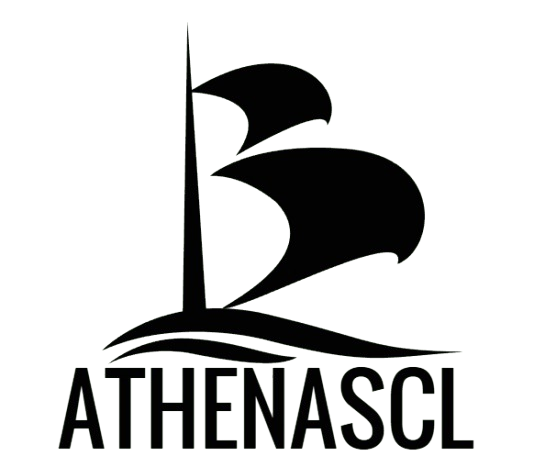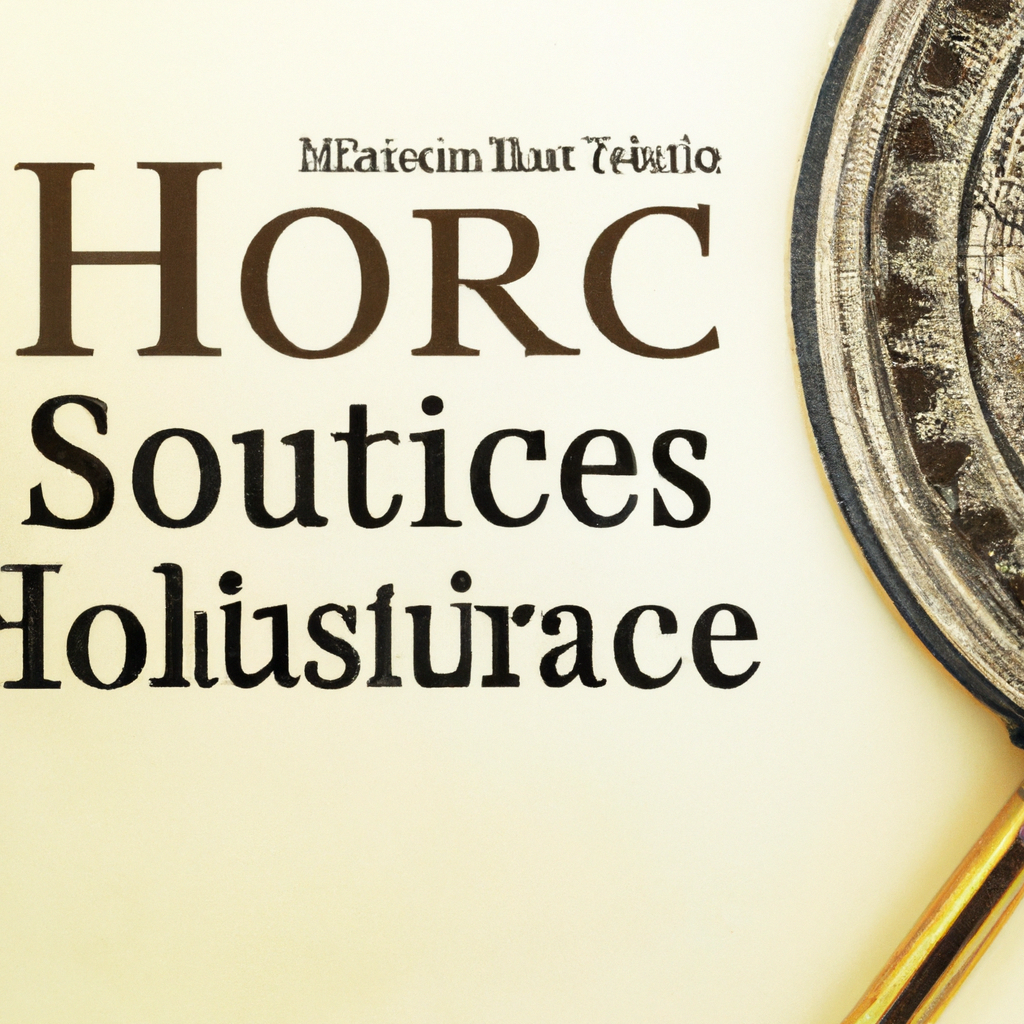From the Great Pyramids of Giza to the Taj Mahal of India, long-standing landmarks of past human civilizations will forever remain part of our scientific and intellectual heritage. As we explore these cultural wonders, we discover the curiosity and tenacity of ancient minds that had far from modern-day resources at their disposal. Take a journey with us to discover these wonders of science and intellect that remain with us today. 1. Exploring Our Scientific and Intellectual Heritage
To discover and appreciate the incredible scientific and intellectual heritage we have inherited from our forebearers, nothing beats venturing out on a cultural tour to explore ancient sites and artifacts. From the Valley of the Kings in Egypt to Machu Picchu in Peru and Angkor Wat in Cambodia, these cities and settlements contain secrets, stories, and discoveries that can fill us with wonder and awe.
And we don’t just have to stay in the past for exploration. We can also get our fill of modern-day delights. Think of cities like Paris, London, and Tokyo – each a beautiful and unique repository of science, art, and culture.
- Take the time to learn about the people and their culture
- Explore local monuments, landmarks, and historical artifacts
- Learn to appreciate global cultures and traditions
- Discover the influences and effects of scientific and technological advances over the years
2. Capturing the Wonder of Cultural Tours
Cultural tours are amazing experiences, full of surprises and unparalleled learning opportunities. Not surprisingly, these trips are on the rise, as people yearn for meaningful experiences and discovery. For those who are planning such a voyage, here are a few tips:
- Travel with a spirit of adventure and openness
- Record and document your experience via a journal or photographs
- Experiment with local cuisines and dishes
- Engage in meaningful conversations with locals
3. Unraveling the Secrets Behind Great Discoveries
The fascinating discoveries made by the great minds of the past continue to provide us with insights and revelations. From da Vinci’s multi-faceted contributions to Isaac Newton’s groundbreaking theories, each era has seen its share of enduring legacies.
Thanks to digitized records, libraries, and archives, we now have greater access to the secrets behind these great revelations. Whether it’s joining an online forum to discuss classical works with fellow enthusiasts or merely reading up on the history of science and invention, we can be part of the journey.
4. Conservation of History Through Education
In order to preserve our scientific and intellectual heritage, education is key. Teaching the valuable lessons of the past, with evidence-based insights, helps to ensure that today’s students can appreciate the accomplishments of the ancients.
This formal education can be complemented by engaging activities and sights. For instance, a trip to an archaeological site or trips to a science center can offer a practical perspective on scientific theories. Most of all, it can foster an appreciation for different cultures and traditions, and the influences that have shaped them.
5. Unlocking the Creativity of the Past
Finally, exploring our scientific and intellectual heritage involves accessing the creativity of our forebearers. From art and architecture to music and literature, these examples of creative expression can inspire and influence us today.
So why not take a trip down memory lane and explore the works of the greats? Be it the architecture of Antoni Gaudi or the plays of William Shakespeare, we can revel in the beauty and brilliance of these masterpieces, feeling inspired to progress and create something of our own.
Q&A
Q: What is the connection between cultural tours and scientific and intellectual heritage?
A: Cultural tours allow us to explore and discover the impact of science and intellectual thought on culture, both in terms of its physical aspects and its effects on society. While visiting historical sites, monuments, and notable buildings, we can understand this connection and appreciate its importance.
Q: How do scientific and intellectual heritage sites help us appreciate history and culture?
A: These sites provide us with meaningful and memorable experiences. We can encounter examples of scientific processes first hand, such as the experiments of Galileo in the Accademia dei Lincei, or explore the impact of intellectual thought on culture, such as the writings of Aristotle in the ancient Agora. By visiting these sites, we can gain a deeper understanding of the past and recognize its relevance to the present.
Q: What are the main benefits of taking part in cultural tours?
A: Cultural tours allow us to deeply engage with the historical and cultural environment. We can gain a greater appreciation of the past and develop a more nuanced understanding of the events and discoveries which shaped the world we live in today. Additionally, these tours create opportunities to explore diverse cultural aspects, from art and literature to architecture and design.
From uncovering revolutionary medical discoveries to retracing the work of legendary inventors, cultures on every continent have had far-reaching impacts on technology, science, and the arts. The brilliant minds who shaped the course of history have left unparalleled legacies, which will only continue to deepen and expand as educational tours and archaeological exploration reveal even more from our wonderful scientific and intellectual heritage.


